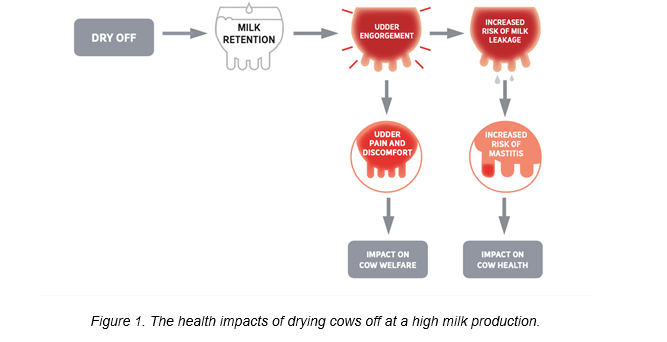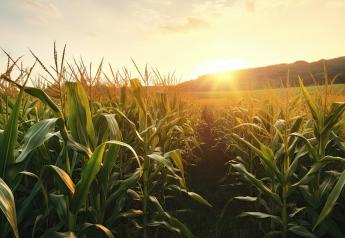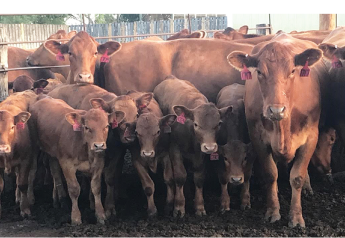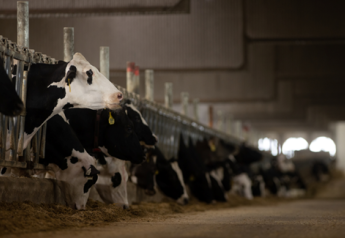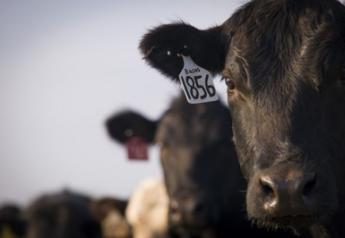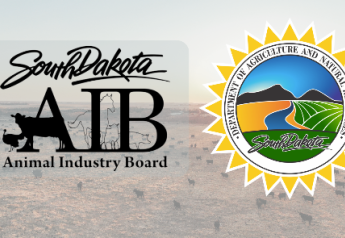New Oral Mineral Bolus helps Cows Dry Off more Comfortably
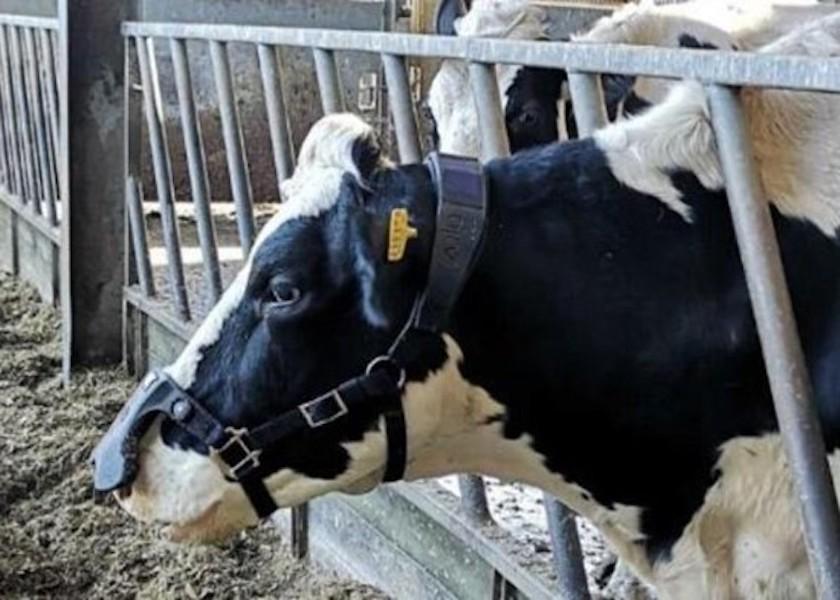
The dry period can be a stressful time for cows, especially when they’re dried off while still producing large amounts of milk. These animals can experience udder engorgement and milk leakage — resulting in less rest time and a higher risk of mastitis infections.
Now there is a new way to help cows transition into the dry period more comfortably with Bovikalc Dry — an oral mineral bolus designed to decrease dry matter intake and reduce milk production.
“Research has shown that cows should be producing 33 pounds or less at dry off to improve udder health,1 but the herds I work with have several cows giving closer to 50 or 60 pounds,” observed Luciano Caixeta, DVM, PhD, assistant professor, University of Minnesota. “Until now, if producers wanted to reduce production, they needed to go through the work of manipulating the diet or reduce the number of milkings prior to dry off.”
Bovikalc Dry quickly and efficiently decreases milk production with the simple administration of two boluses at – or eight to 12 hours before – the last milking. “When we reduce milk production and udder engorgement, cows can focus on rest and prepare for their next lactation,” said Linda Tikofsky, DVM, Boehringer Ingelheim.
Bovikalc Dry is a complement to the Boehringer Ingelheim Bovikalc calcium supplement.
Reference:
1 Vilar MJ, Rajala-Schultz PJ. Dry-off and dairy cow udder health and welfare: effects of different milk cessation methods. Vet J 2020; doi: 10.1016/j.tvjl.2020.105503.


